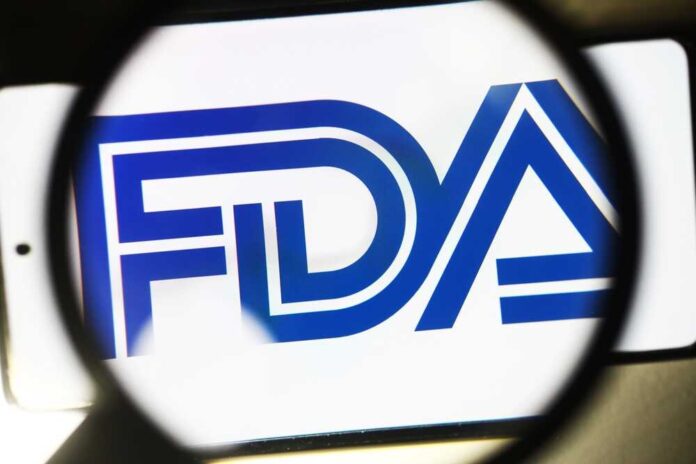
Aiming to address concerns about inadequate nutrient content and safety standards, the FDA is changing infant formula rules by launching its first major review of nutrient regulations in over three decades.
The long-overdue scrutiny comes after a nationwide formula shortage crisis left American families desperate for solutions and raised serious questions about what harmful ingredients might be lurking in babies’ food.
For the first time in nearly 30 years, the FDA has launched a comprehensive evaluation of infant formula nutrient regulations, raising concerns about potential toxins and oversight failures spanning multiple administrations.
The agency currently mandates 30 nutrients in infant formulas with specific minimum and maximum amounts, but despite significant advancements in nutritional science, these standards have not been updated in over 25 years.
Health and Human Services Secretary Robert F. Kennedy Jr.’s “Operation Stork Speed” initiative aims to bring much-needed transparency to an industry that many parents rely on completely.
The FDA has issued a formal Request for Information seeking public input on current nutrient standards, potential updates, and suggestions for new nutrients that should be required in formula products.
The review follows a devastating national formula shortage three years ago, caused by contamination issues and subsequent recalls that left store shelves empty.
Many American parents were forced to travel hundreds of miles or pay exorbitant prices just to feed their babies while government regulators failed to respond effectively.
“Every child deserves a healthy start,” RFK Jr. said. “By taking a hard, honest look at the nutrients in infant formula, we’re ensuring that parents have the tools to give their children the best nutrition from the very beginning.”
Findings about harmful contaminants in some formula products are particularly alarming.
The agency announced plans to increase testing for dangerous substances like heavy metals, including lead and arsenic, which have been detected in certain formula products.
It will also examine concerns about added sugars that could potentially harm infant development.
Furthermore, the market is dominated by just a few major manufacturers, including Abbott Nutrition and Reckitt Benckiser-Mead Johnson.
This raises questions about whether a lack of competition contributed to lax quality standards and vulnerable supply chains that collapsed during the 2022 shortage crisis.
Parents have until September 11 to submit comments and concerns through official FDA channels.
An expert panel meeting will also be held in June as part of the initiative.
However, skeptics worry that formula industry representatives may try to water down potential new requirements that could impact their profits.
“Operation Stork Speed brings radical transparency to ingredients in infant formula and puts science front and center,” Kennedy stated.
He added, “You can’t Make America Healthy Again if we don’t fix what nourishes our youngest and most vulnerable Americans.”
FDA Commissioner Dr. Marty Makary emphasized the critical importance of this review, stating:
“Protecting our most vulnerable is not just a moral duty—it is our responsibility. For many children, infant formula is their only source of nutrition. That’s why it’s absolutely crucial to continually assess the nutrition standards and incorporate gold standard science.”
American families deserve better than outdated regulations and mysterious ingredients in products feeding the nation’s most vulnerable citizens.
This long-overdue review is crucial to ensuring parents can trust what goes into their babies’ bottles.



















